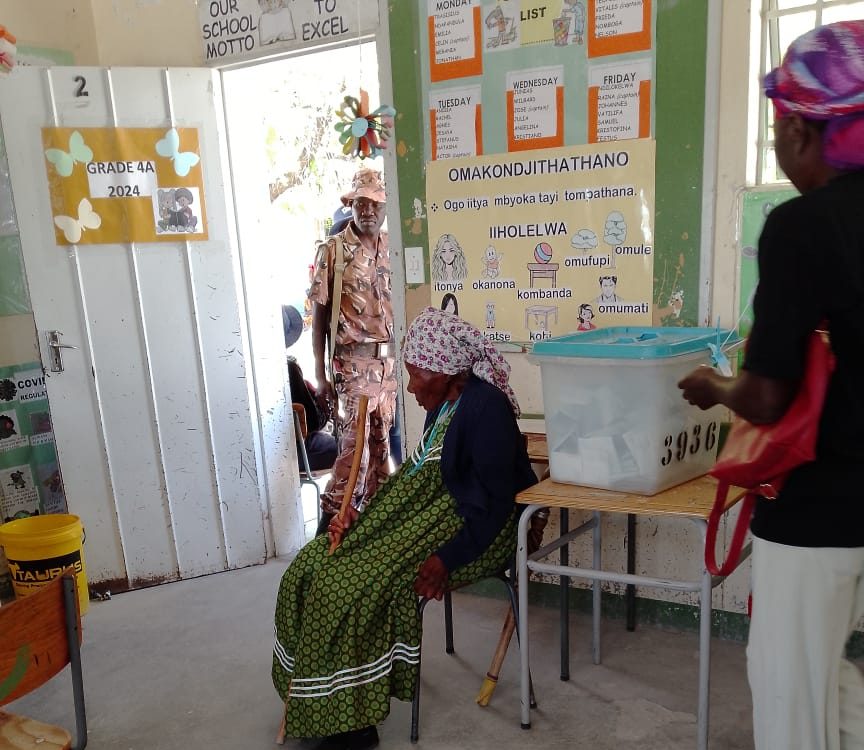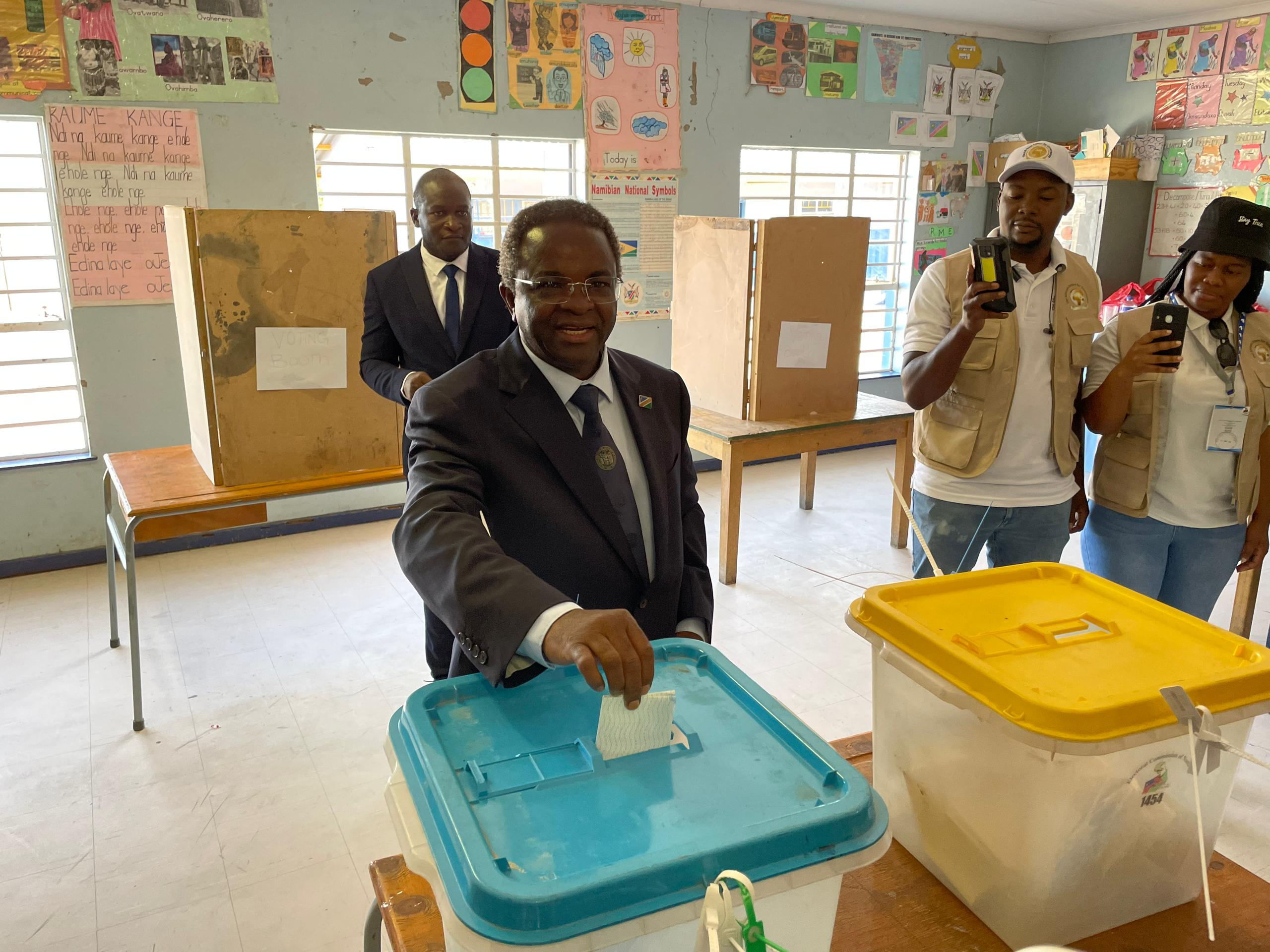With Namibia on the cusp of becoming Africa’s next millionaire hub, it is crucial for the government to channel these potential investments towards improving the lives of disadvantaged Namibians.
This is according to Angelique Bock, an economic researcher at Simonis Storm Securities, who urges the government to effectively allocate this potential revenue to building schools, investments in agriculture, and infrastructure development.
New World Wealth, a global wealth intelligence firm based in South Africa, has identified Namibia as Africa’s next big millionaire hotspot, ranking the country as the third wealthiest on the continent on a wealth-per-capita basis after Mauritius and South Africa.
“When millionaires invest in the country, it could result in better infrastructure and the creation of more jobs for Namibians. However, there is a risk that the wealthy may benefit more, depending on how they choose to invest their money,” Bock says.
According to the firm’s March Africa Wealth Report, there are approximately 2 100 individuals in Namibia with a wealth exceeding US$1 million (around N$19 million), marking an increase from the 1 700 individuals reported in last year’s edition.
This number is expected to rise to over 10 000 by 2040.
“If millionaires invest in labour-intensive sectors like construction and agriculture, it could benefit Namibia by promoting economic growth and reducing unemployment among both unskilled and skilled workers,” Bock says.
The report indicates there is US$26 billion worth of total investable wealth held in the country.
Bock says the most significant benefits for Namibia would come from increased government revenue, primarily from corporate taxes and other related taxes.
“The key issue here is whether the government will use this extra income for the country’s development or simply continue to cover operational expenses. This is a significant challenge in our country,” Bock says.
She says many citizens are sceptical about seeing the benefits from sectors like green hydrogen and oil and gas because they worry about how the government manages the money.
“There have been case studies of other countries which were promised growth and jobs, but their citizens had minimal benefit,” Bock says.
She says the responsibility to improve the country’s socio-economic situation does not lie with investors, but in the hands of the government in partnership with other economic agents such as the private sector and non-governmental organisations.
It is crucial to implement transparent and merit-based tender processes, coupled with tax policies that balance revenue generation with incentives for local job creation, Bock says.
“Strengthening anti-corruption measures, involving communities in decision-making, and promoting sustainable resource management are vital for fair economic development,” she says.
Meanwhile, the report forecasts a high net-worth growth of 60% or more until 2032.
Mining (diamonds, uranium, gold, zinc, and copper), ecotourism (safari lodges and hunting), farming, fishing and manufacturing are identified as major industries to drive the country’s growth.
The report highlights that Namibia boasts several upscale residential neighbourhoods that attract affluent buyers, such as Ludwigsdorf and Klein Windhoek in Windhoek, Vogelstrand at Swakopmund, and Langstrand near Walvis Bay.
Additionally, the country is witnessing a burgeoning presence of high-end lifestyle estates, including Finkenstein Estate, Am Weinberg Estate, and the upcoming Presidents Links Estate.
“Namibia offers a conducive business environment anchored by advanced financial systems and a sophisticated banking sector, a strong macroeconomic framework, globally competitive infrastructure, and good governance, as well as a young, educated, and trainable workforce,” Catherine Shipushu, the spokesperson of the Namibian Investment Promotion and Development Board, says.
Shipushu says with bold ambitions of becoming the sustainable energy capital of Africa, Namibia is well on its way to becoming a major player in the global oil and energy market.
“Namibia certainly offers international investors a unique and attractive investment opportunity. With a growing economy and a commitment to sustainable development, the country holds the potential for long-term growth and profitability,” she says.
Stay informed with The Namibian – your source for credible journalism. Get in-depth reporting and opinions for
only N$85 a month. Invest in journalism, invest in democracy –
Subscribe Now!






